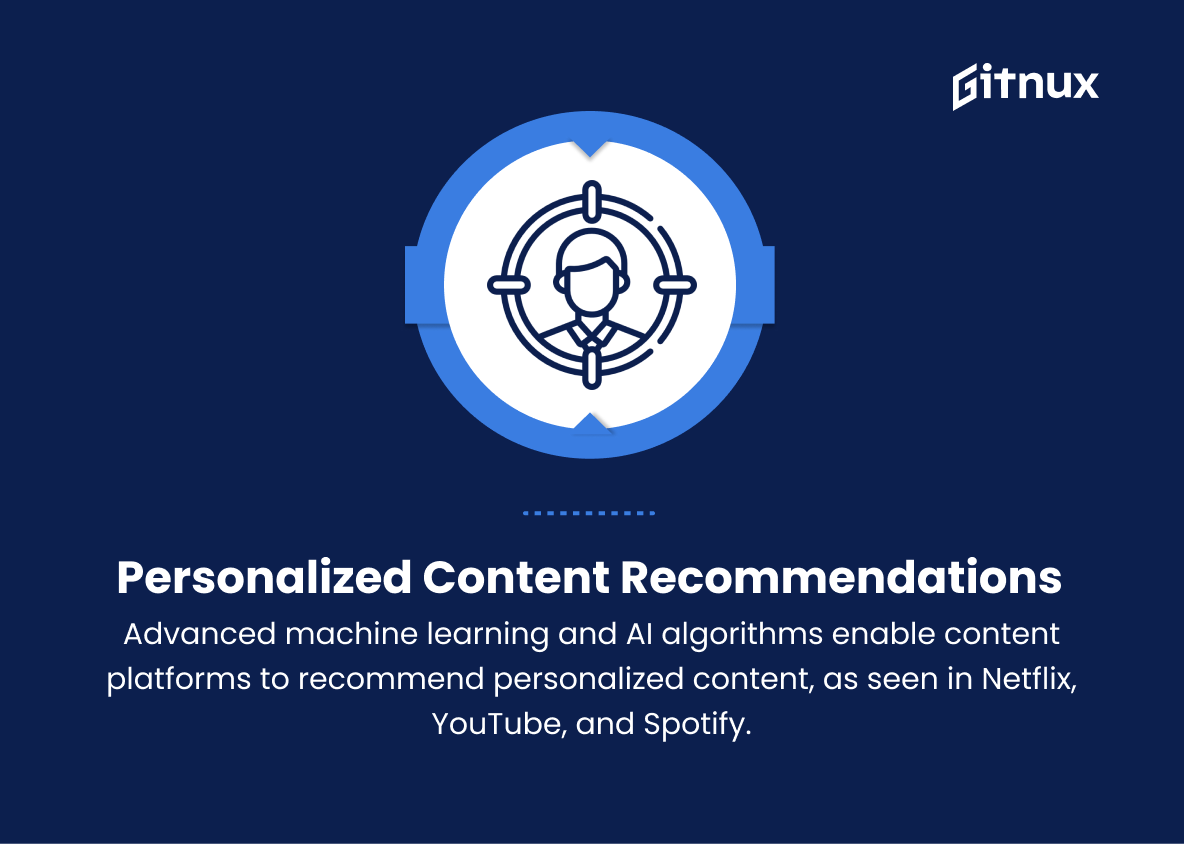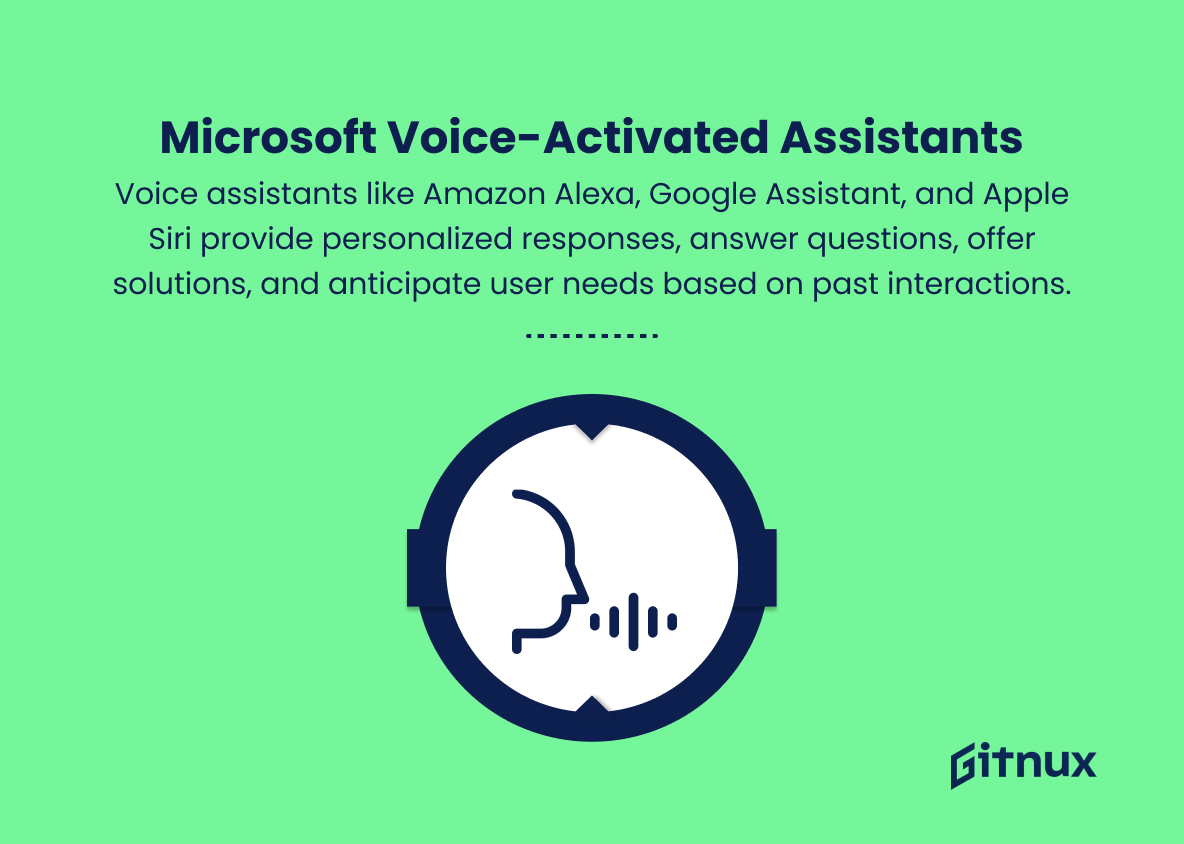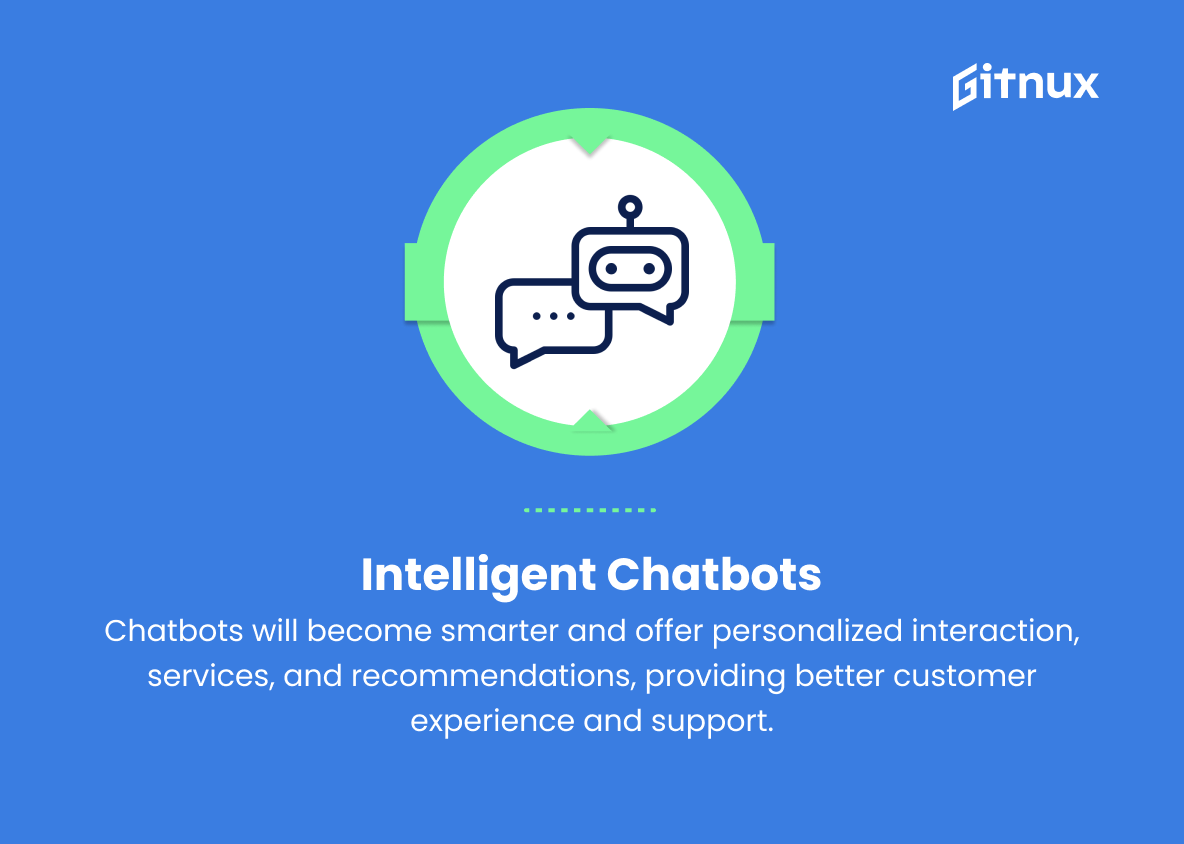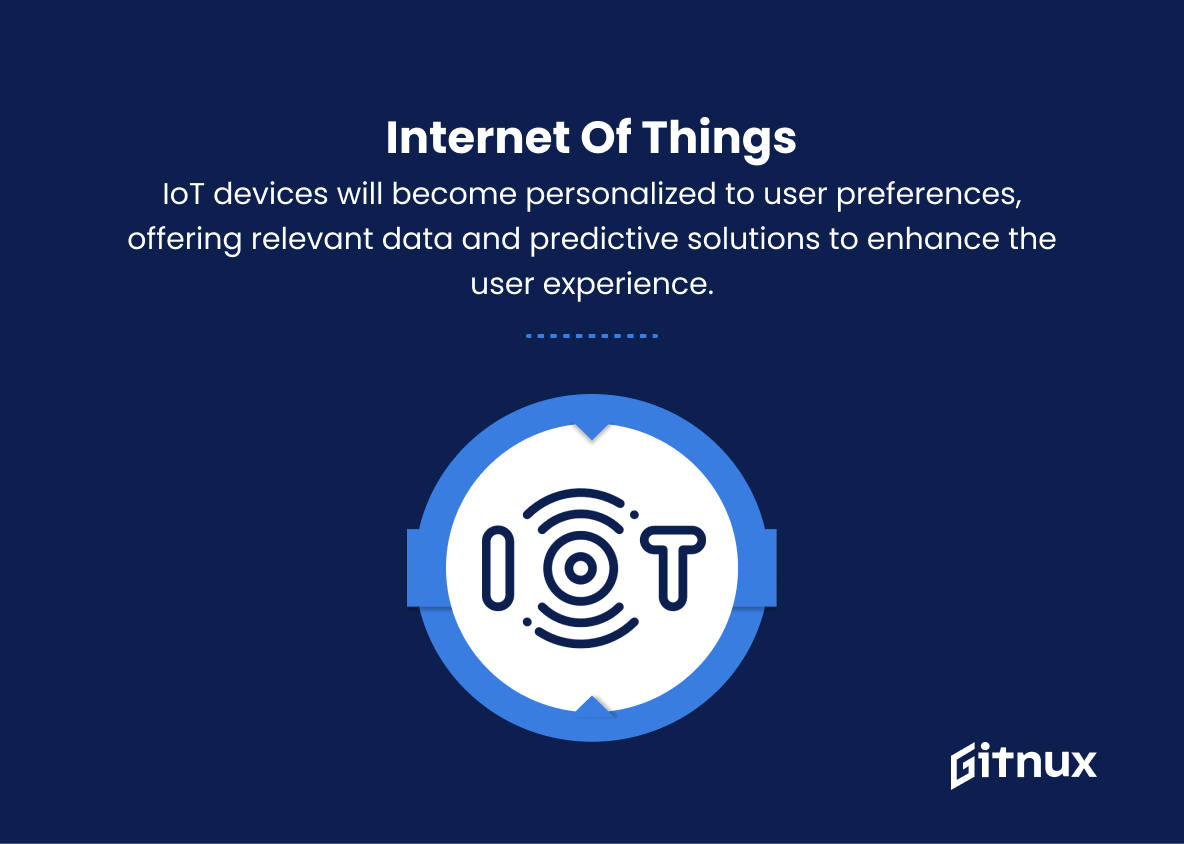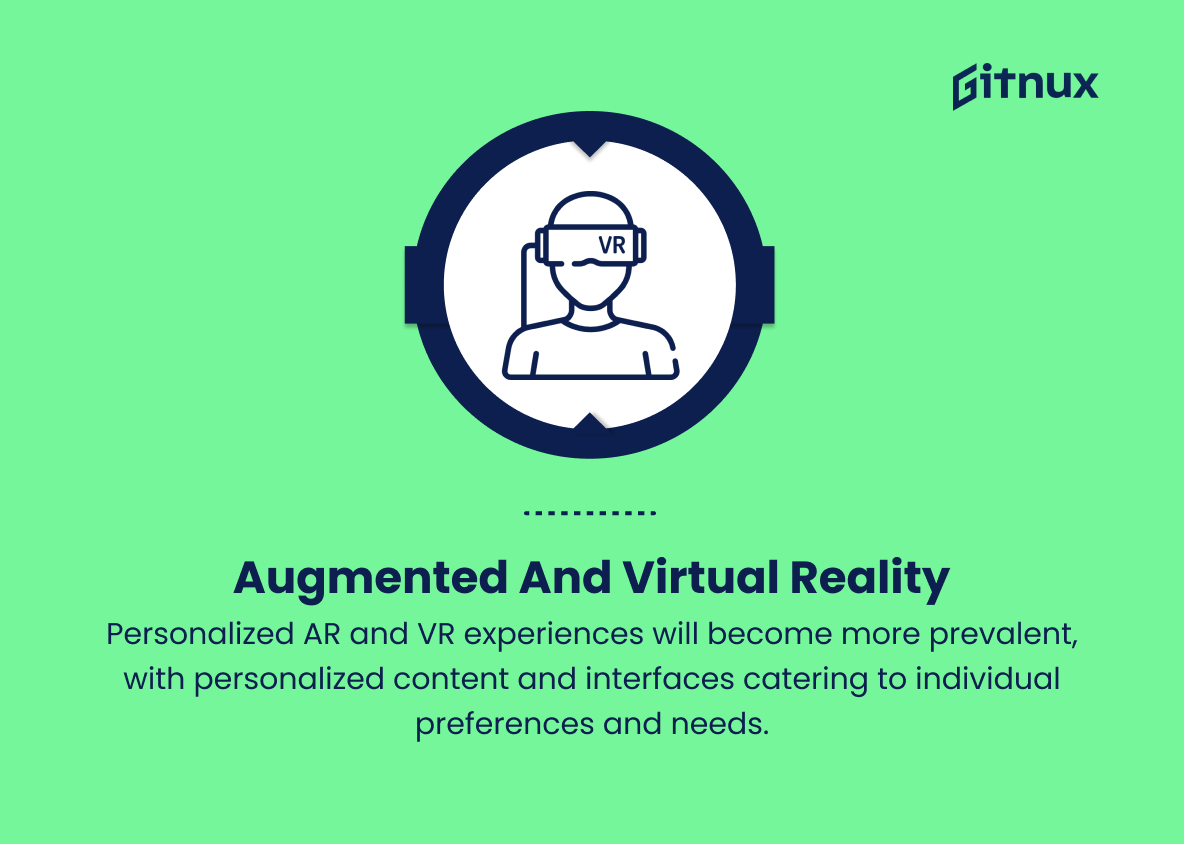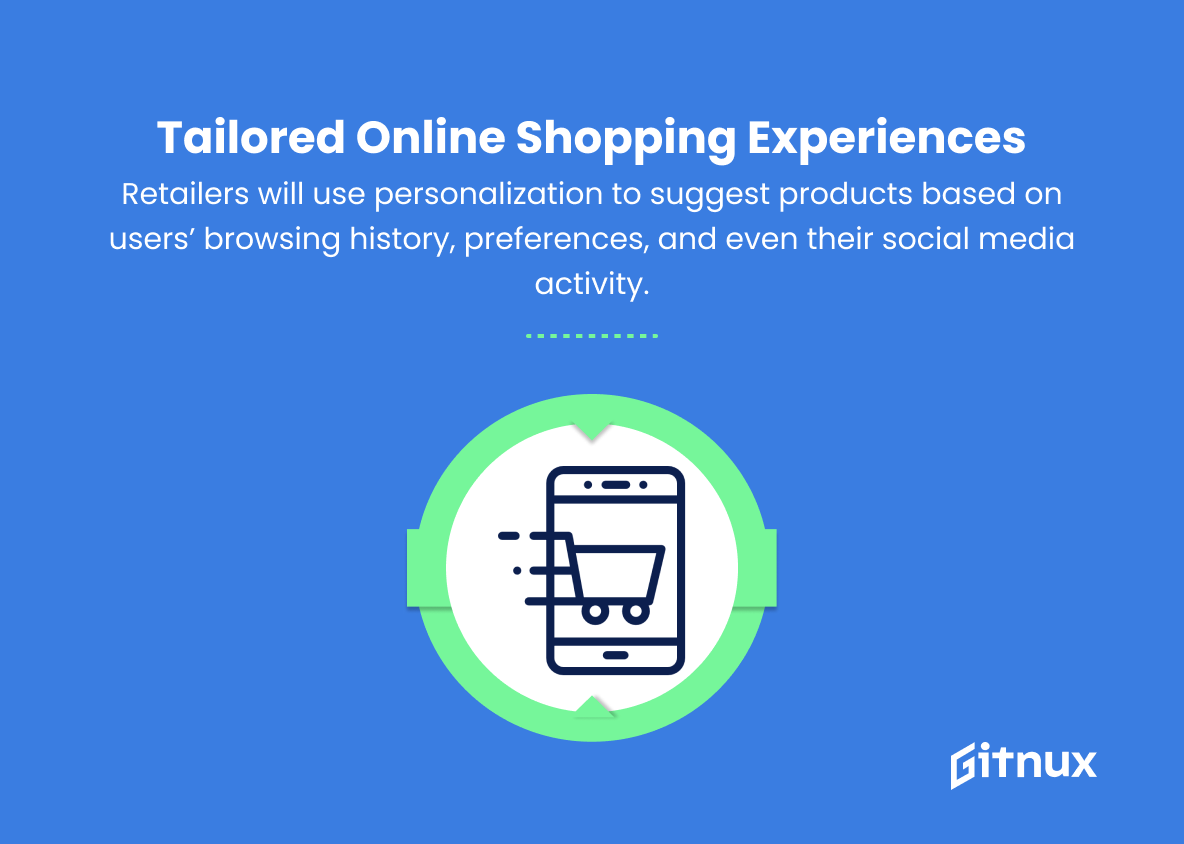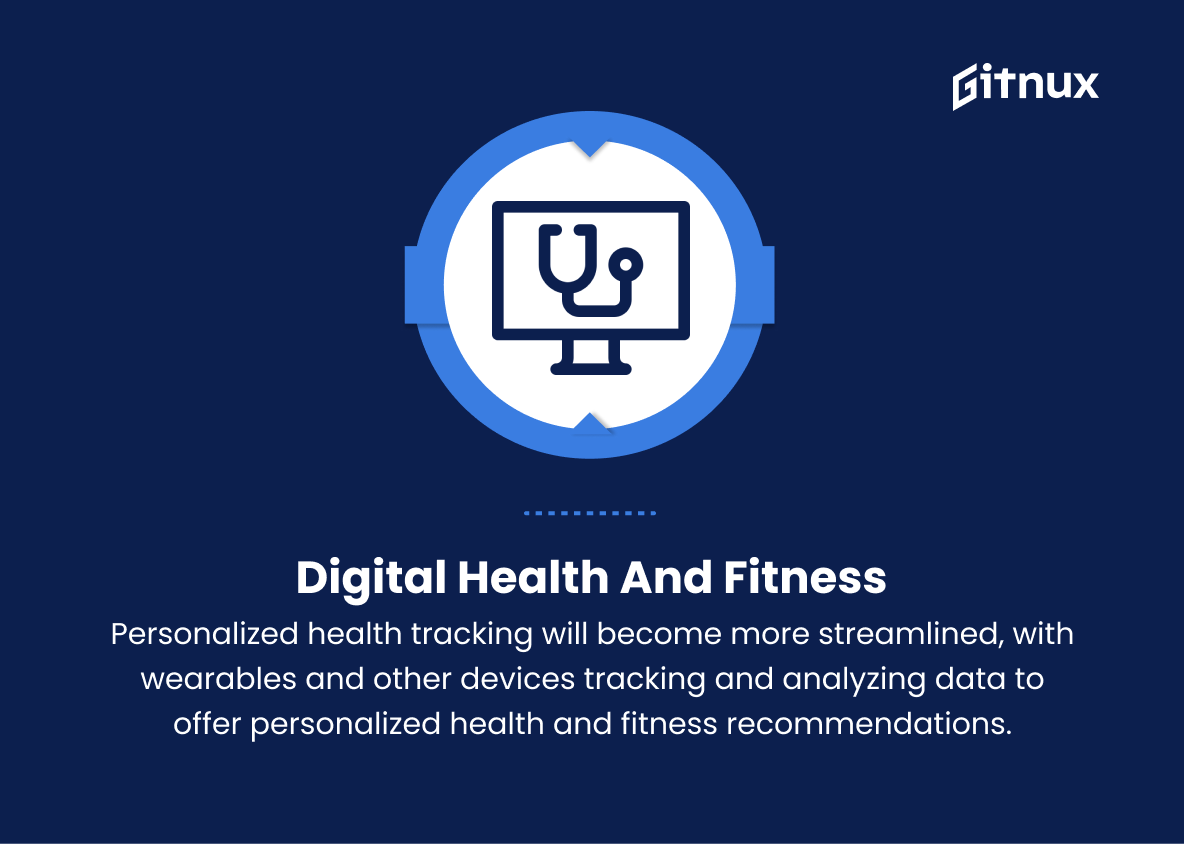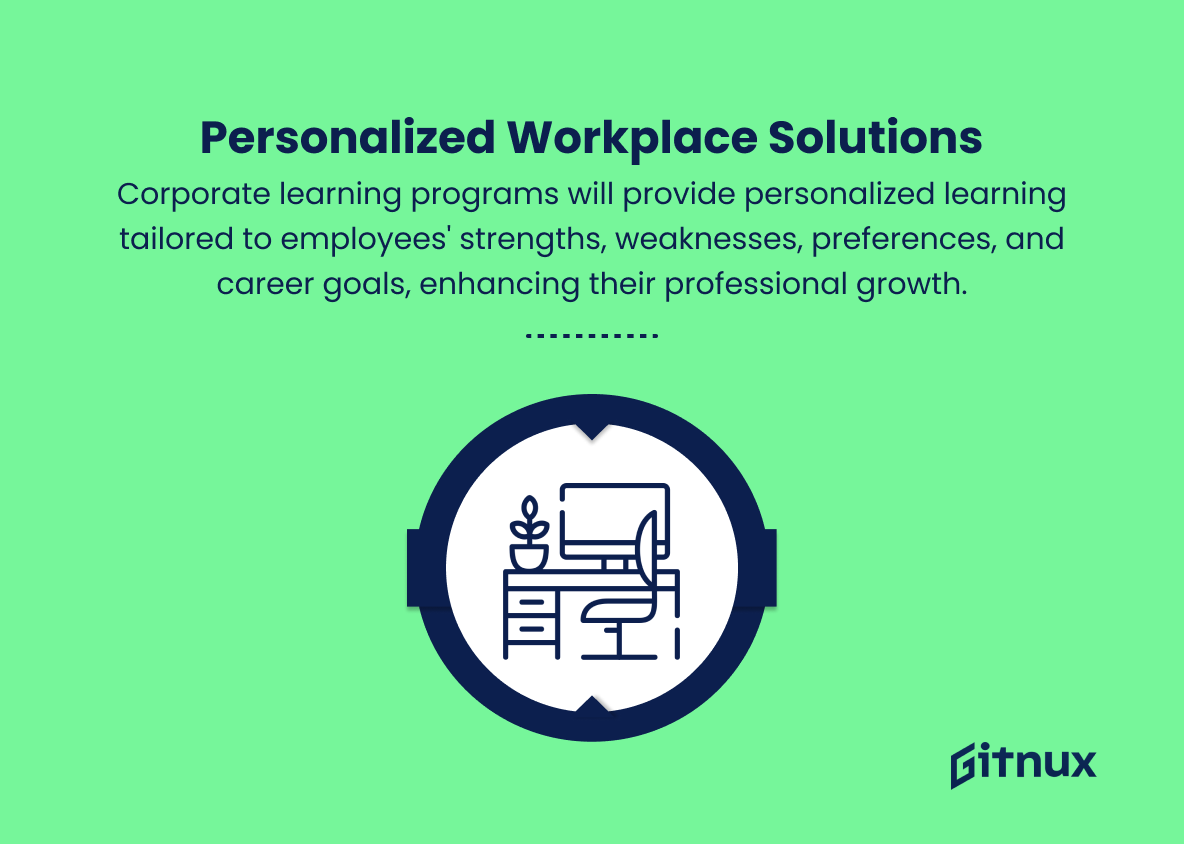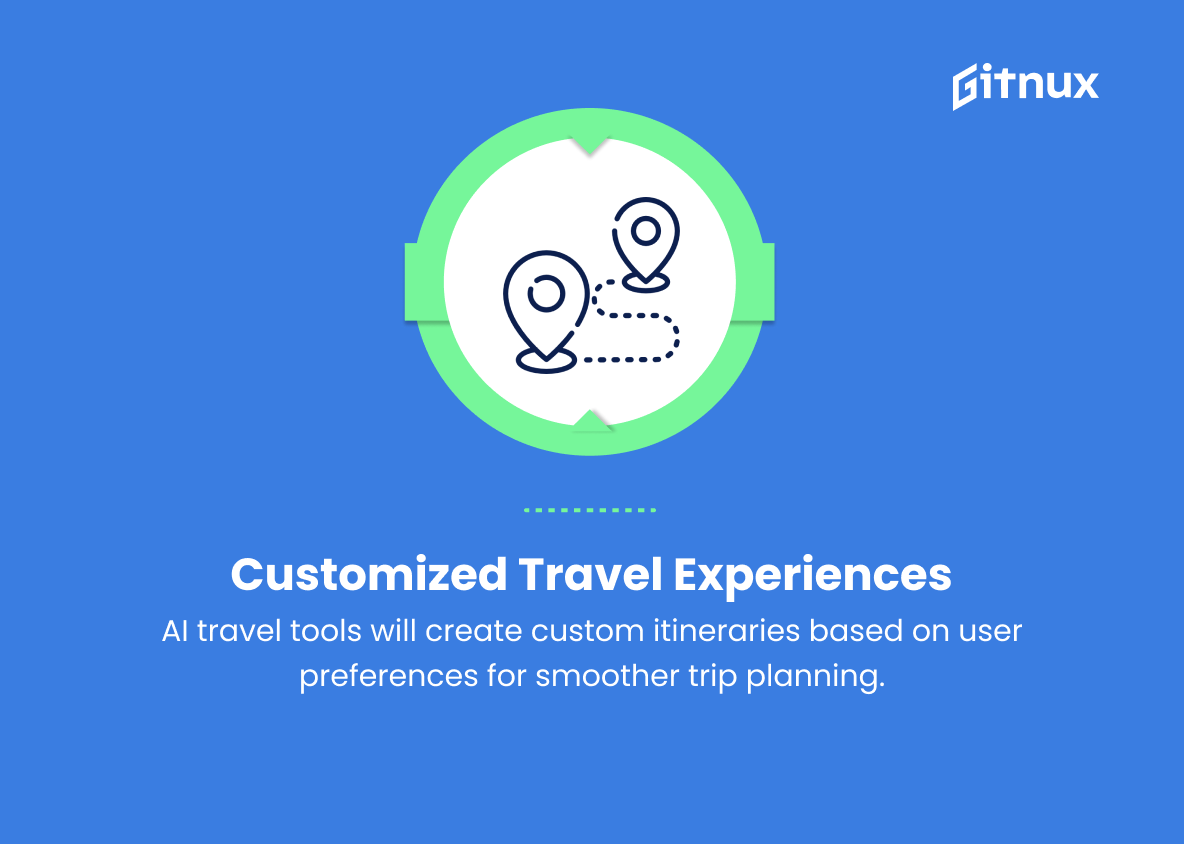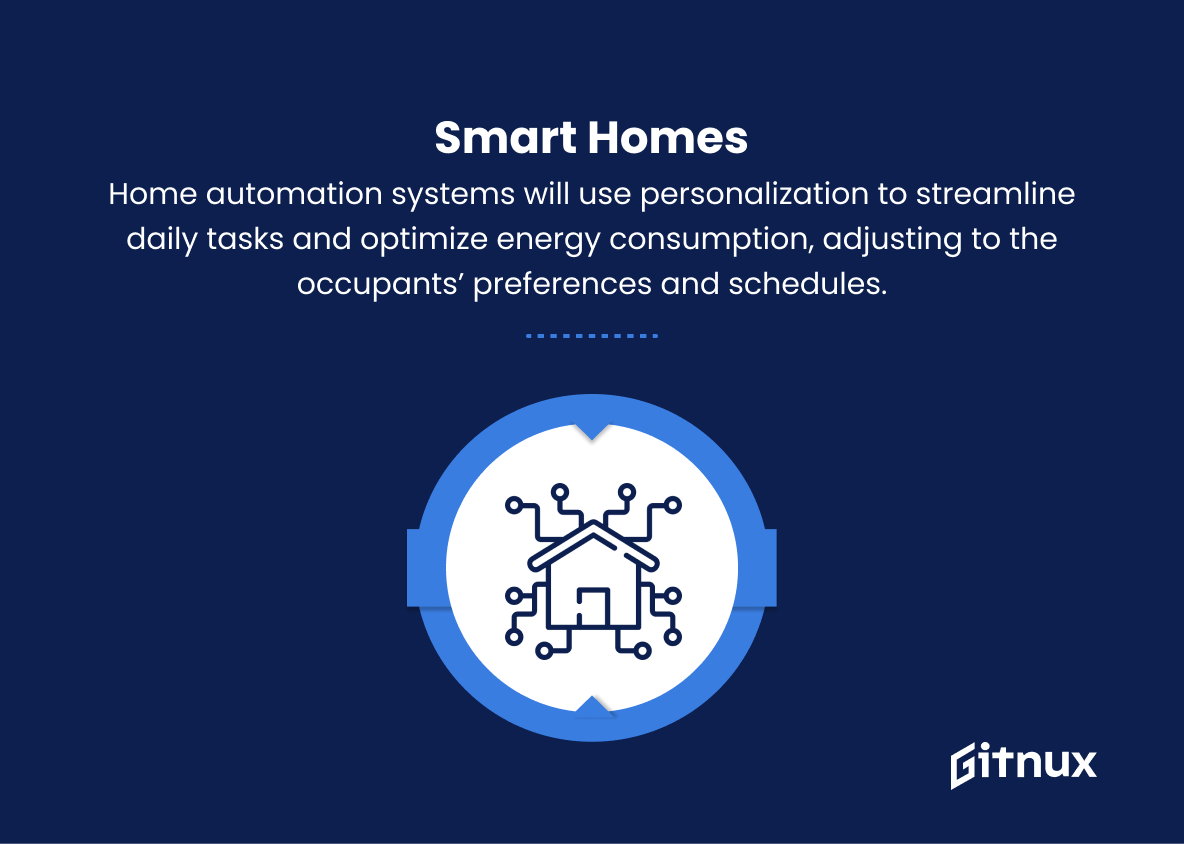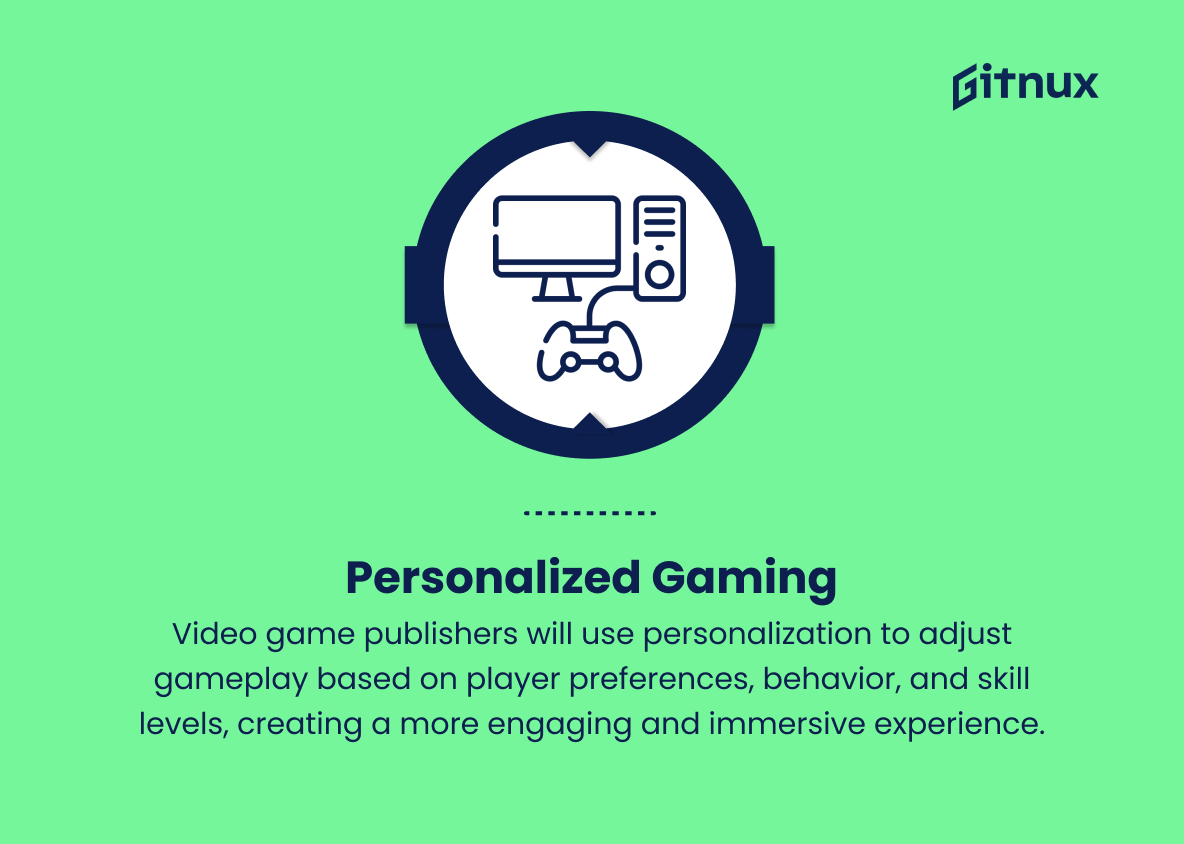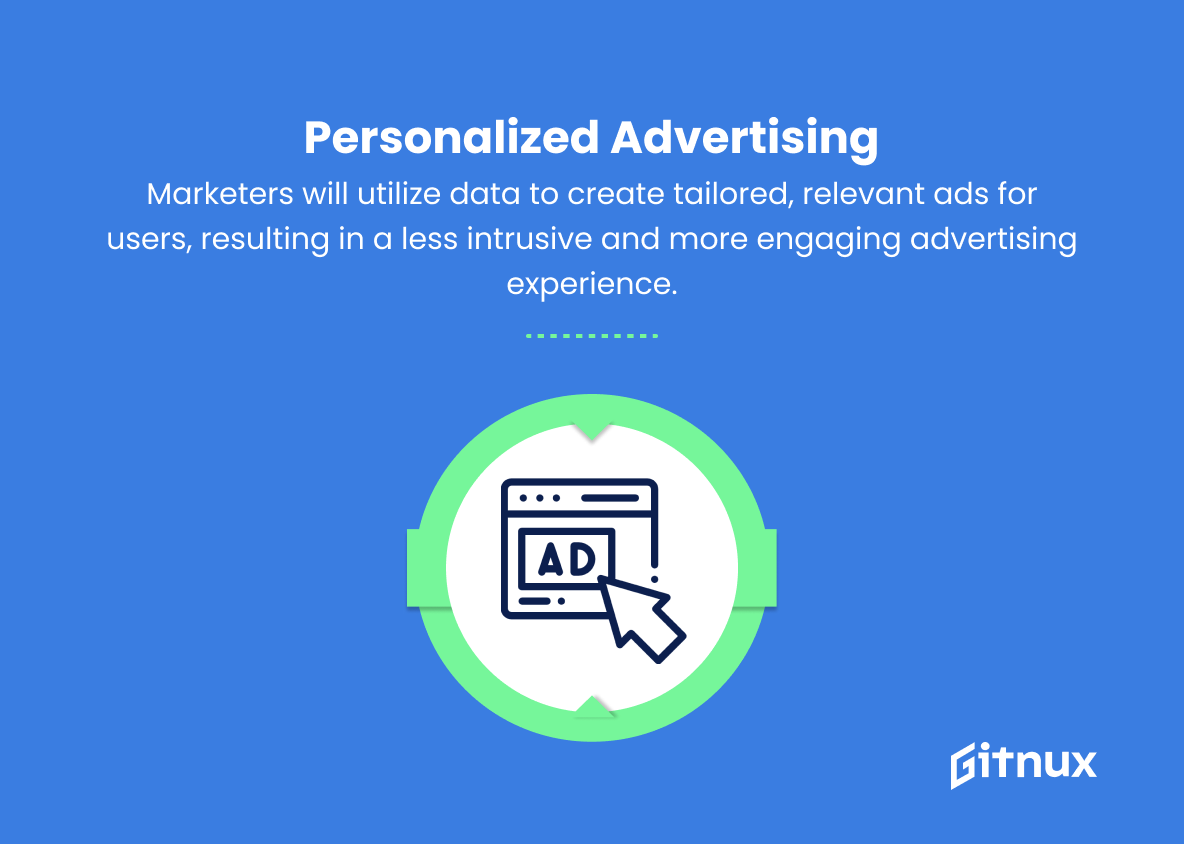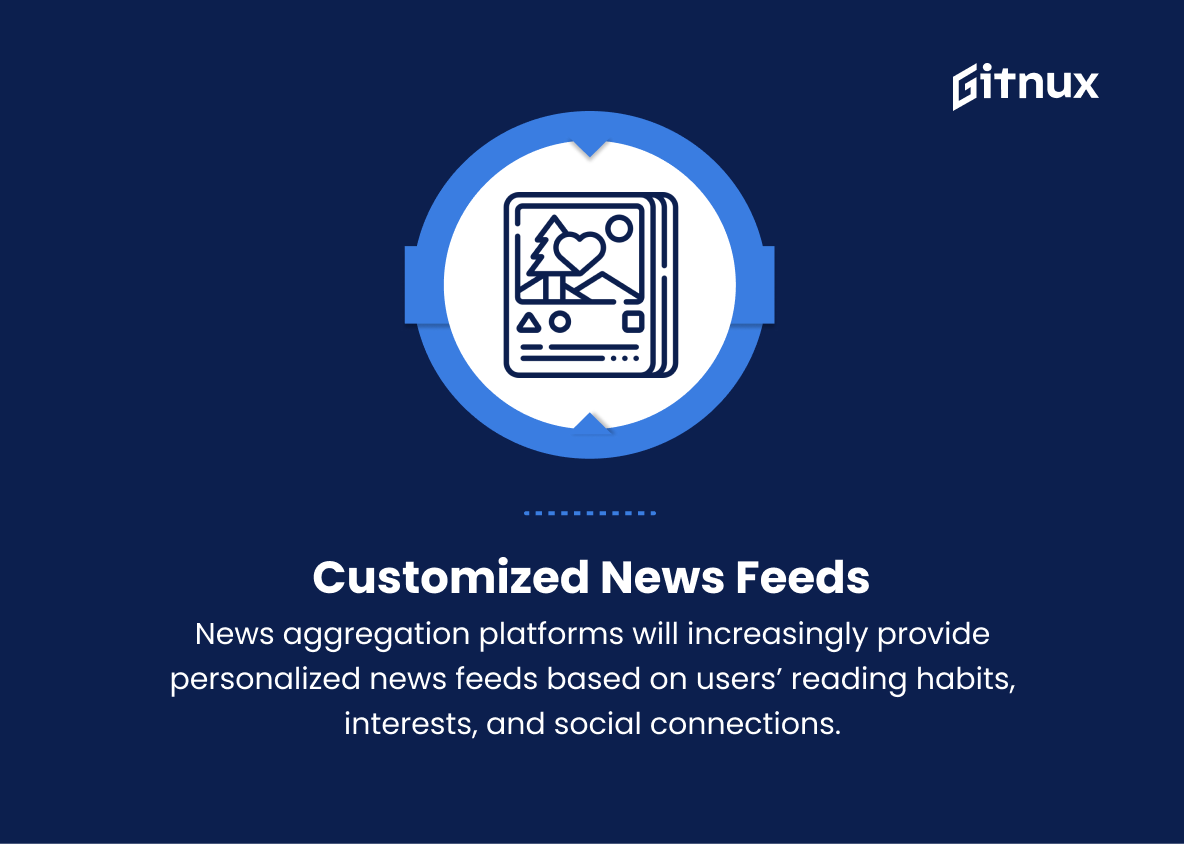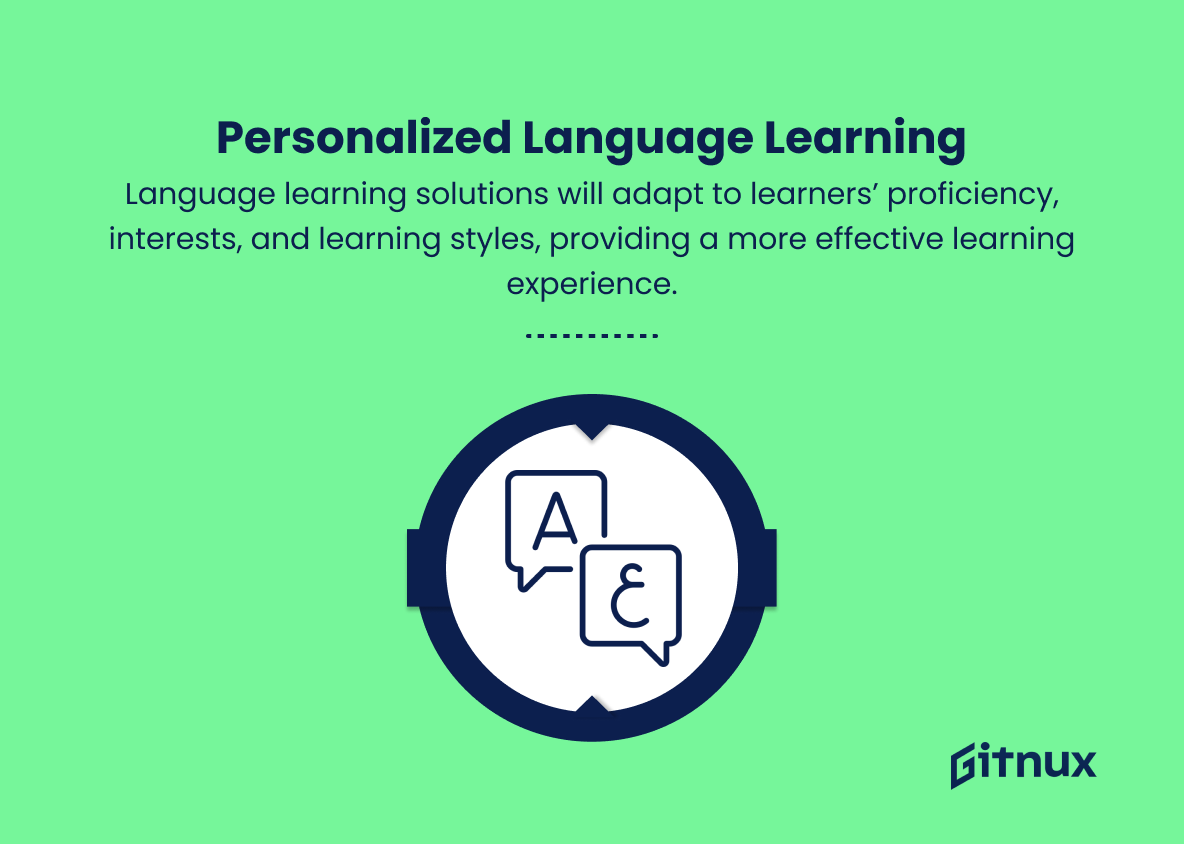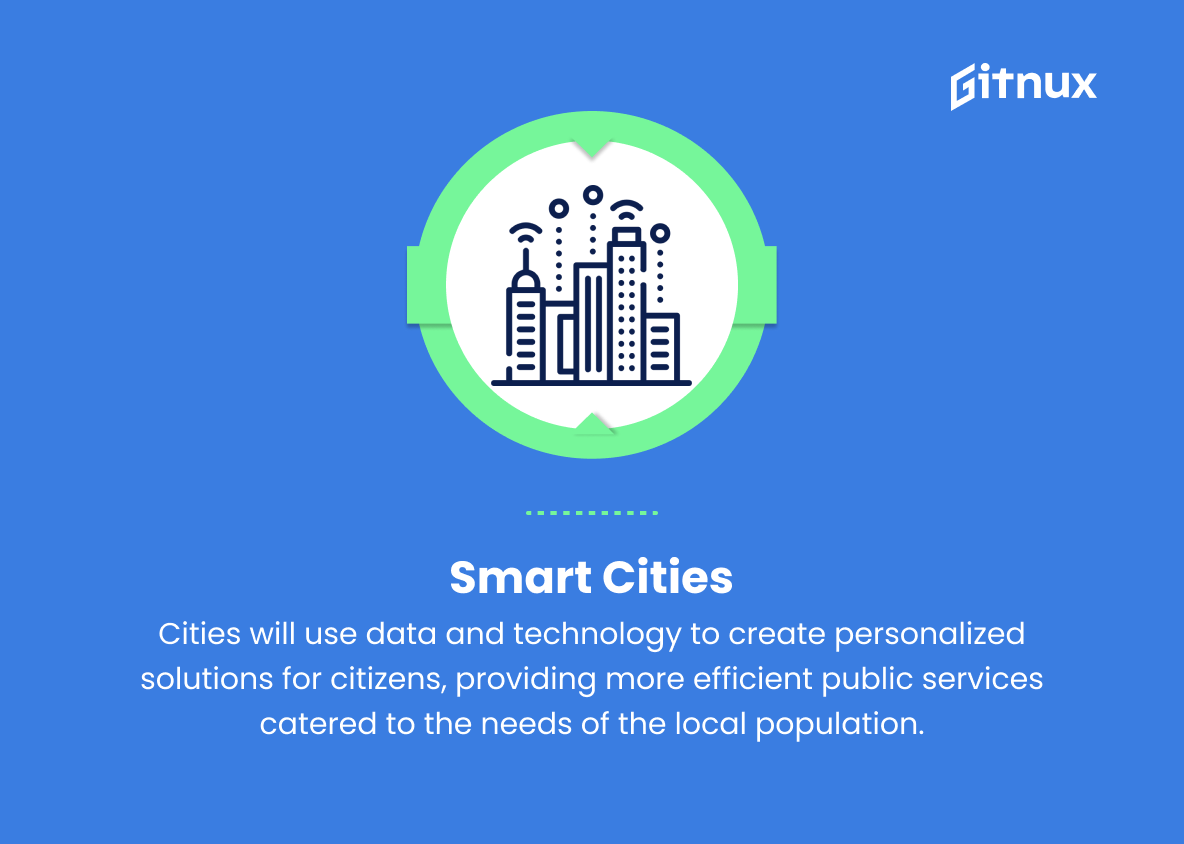In the ever-evolving digital landscape, personalization has emerged as a critical element for businesses to engage, retain, and delight their customers. With an increasing number of consumers expecting tailored experiences, it has become imperative for brands to stay ahead of the curve by incorporating personalization trends into their marketing strategies.
In this blog post, we will explore the latest personalization trends that are shaping the future of customer experiences, discover how innovative technologies are driving this transformation, and provide insights into how you can adapt your business to exceed customer expectations in today’s highly competitive market.
Top Personalization Trends
1. Personalized Content Recommendations
With advanced machine learning and AI algorithms, content platforms will recommend content tailored specifically to users’ preferences, behavior, and interests. This can be seen in platforms like Netflix, YouTube, and Spotify.
2. Voice-activated Assistants
Devices like Amazon Alexa, Google Assistant, and Apple Siri offer personalized interaction to users by answering questions, providing solutions, and anticipating user needs based on past interactions.
3. Intelligent Chatbots
Chatbots will become smarter and offer personalized interaction, services, and recommendations, providing better customer experience and support.
4. Internet of Things (IoT)
IoT devices will become personalized to user preferences, offering relevant data and predictive solutions to enhance the user experience.
5. Augmented and Virtual Reality
Personalized AR and VR experiences will become more prevalent, with personalized content and interfaces catering to individual preferences and needs.
6. Tailored Online Shopping Experiences
Retailers will use personalization to suggest products based on users’ browsing history, preferences, and even their social media activity.
7. Digital Health and Fitness
Personalized health tracking will become more streamlined, with wearables and other devices tracking and analyzing data to offer personalized health and fitness recommendations.
8. Personalized Workplace Solutions
Corporate learning and development programs will offer personalized learning experiences to employees, optimizing their professional growth based on individual strengths, weaknesses, preferences, and career aspirations.
9. Customized Travel Experiences
AI-based travel planning and booking tools will offer personalized travel itineraries based on user behavior, preferences, and interests, providing seamless and enjoyable trip planning experiences.
10. Smart Homes
Home automation systems will use personalization to streamline daily tasks and optimize energy consumption, adjusting to the occupants’ preferences and schedules.
11. Personalized Gaming
Video game publishers will use personalization to adjust gameplay based on player preferences, behavior, and skill levels, creating a more engaging and immersive experience.
12. Personalized Advertising
Marketers will utilize data to create tailored, relevant ads for users, resulting in a less intrusive and more engaging advertising experience.
13. Customized News Feeds
News aggregation platforms will increasingly provide personalized news feeds based on users’ reading habits, interests, and social connections.
14. Personalized Language Learning
Language learning solutions will adapt to learners’ proficiency, interests, and learning styles, providing a more effective learning experience.
15. Smart Cities
Cities will use data and technology to create personalized solutions for citizens, providing more efficient public services catered to the needs of the local population.
Implications
The future of personalization trends will be marked by a significant shift towards more tailored, relevant, and targeted experiences across various sectors. As machine learning and AI algorithms advance, content platforms like Netflix and Spotify will offer personalized content based on users’ preferences, behavior, and interests. Voice-activated assistants and intelligent chatbots will provide personalized interactions and solutions, while IoT devices and smart homes will optimize energy consumption and daily tasks according to occupants’ preferences. Augmented and Virtual Reality will provide personalized content for users, alongside tailored online shopping experiences, digital health monitoring, and customized workplace solutions.
Personalized travel experiences, gaming, advertising, and news feeds will offer highly customized experiences based on user behavior, preferences, and interests. Language learning platforms and smart cities will also utilize data to create personalized solutions, providing more effective learning experiences and more efficient public services catered to the needs of the local population. The implications of these trends are profound as they will significantly transform how individuals engage with technology, products, and services, ultimately leading to a more efficient, convenient, and enjoyable user experience.
Conclusion
In conclusion, personalization trends have significantly evolved over the years, driven by technological advancements and the growing expectations of consumers for tailored and meaningful experiences. As businesses continue to prioritize customer-centric approaches, it is crucial to stay informed and adapt to these trends to remain competitive in a constantly changing market.
By understanding and anticipating customer needs, investing in data-driven strategies, and adopting innovative personalization technologies, businesses have the potential to create a long-lasting and impactful connection with their target audiences, ultimately leading to greater success and growth. Keep an eye on these emerging personalization trends and prioritize your efforts to stay ahead in the game, ensuring your business thrives in the era of bespoke consumer experiences.
